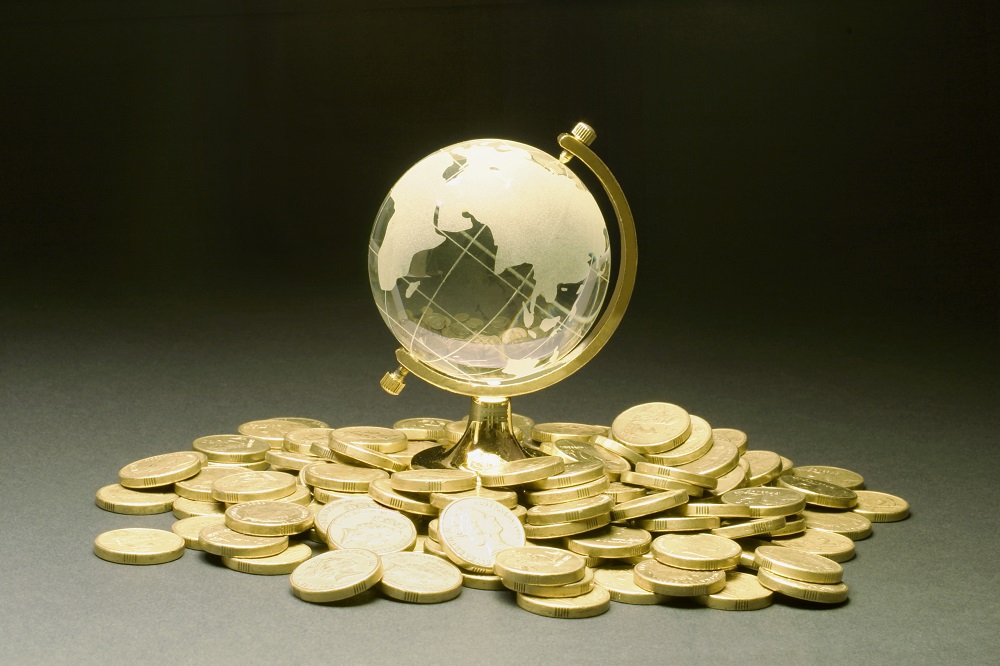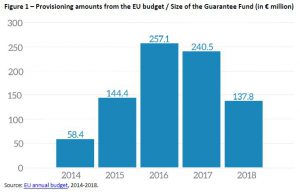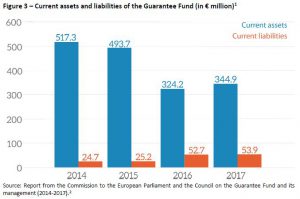Written by Alina Dobreva,

The Guarantee Fund for External Actions (GFEA) backs loans and loan guarantees granted to non-EU countries, or to finance projects in non-EU countries. It was established back in 1994 with the objective of helping to protect the EU budget against the risks associated with such loans. Although the GFEA has been amended over the years, the Fund maintains its core purpose and in managing it, the European Investment Bank (EIB) provides support for the EU’s external policies.
Currently, the main objective of the particular actions backed by the GFEA is to increase growth and jobs, and to improve the business environment in developing countries by strengthening private sector involvement. The GFEA resources are used to repay the EU’s creditors in the event of a default on a loan granted or guaranteed by the Union, or for which the Union has provided a guarantee. The lending and guarantee operations are carried out for the benefit of a third country or to finance projects in third countries.
The GFEA also contributes to the European External Investment Plan,which addresses the root causes of migration, the ongoing refugee crisis and security-related issues
The main purpose of the EU budget guarantee is to act as a liquidity cushion covering default or late payments for projects in non-Member States.Once the beneficiaries of a loan to third countries fail to service its loans to the bank, the EIB calls on the GFEA to cover the default within three months of the call. The size of the contributions transferred to the GFEA is determined annually, depending on the budget adopted. The contributions for2018 amount to €137.8 million, down by about €102.7 million compared to the2017 budget. Despite some criticism regarding the lack of sufficient geographical focus, focus on climate change and general sub-optimal use of the GFEA, the instrument is appreciated by the stakeholders. Evaluations also recognise the flexibility of the ELM with regards to the Union’s external policy agenda, mentioning its adequate response to geopolitical and economic challenges as in the case of Syria, Ukraine (the Ukrainian crisis), Egypt and Morocco (the ‘Arab spring’) and Jordan (the refugee crisis).
Read the complete briefing on ‘How the EU budget is spent: Guarantee Fund for External Actions‘ on the Think Tank pages of the European Parliament.










Be the first to write a comment.